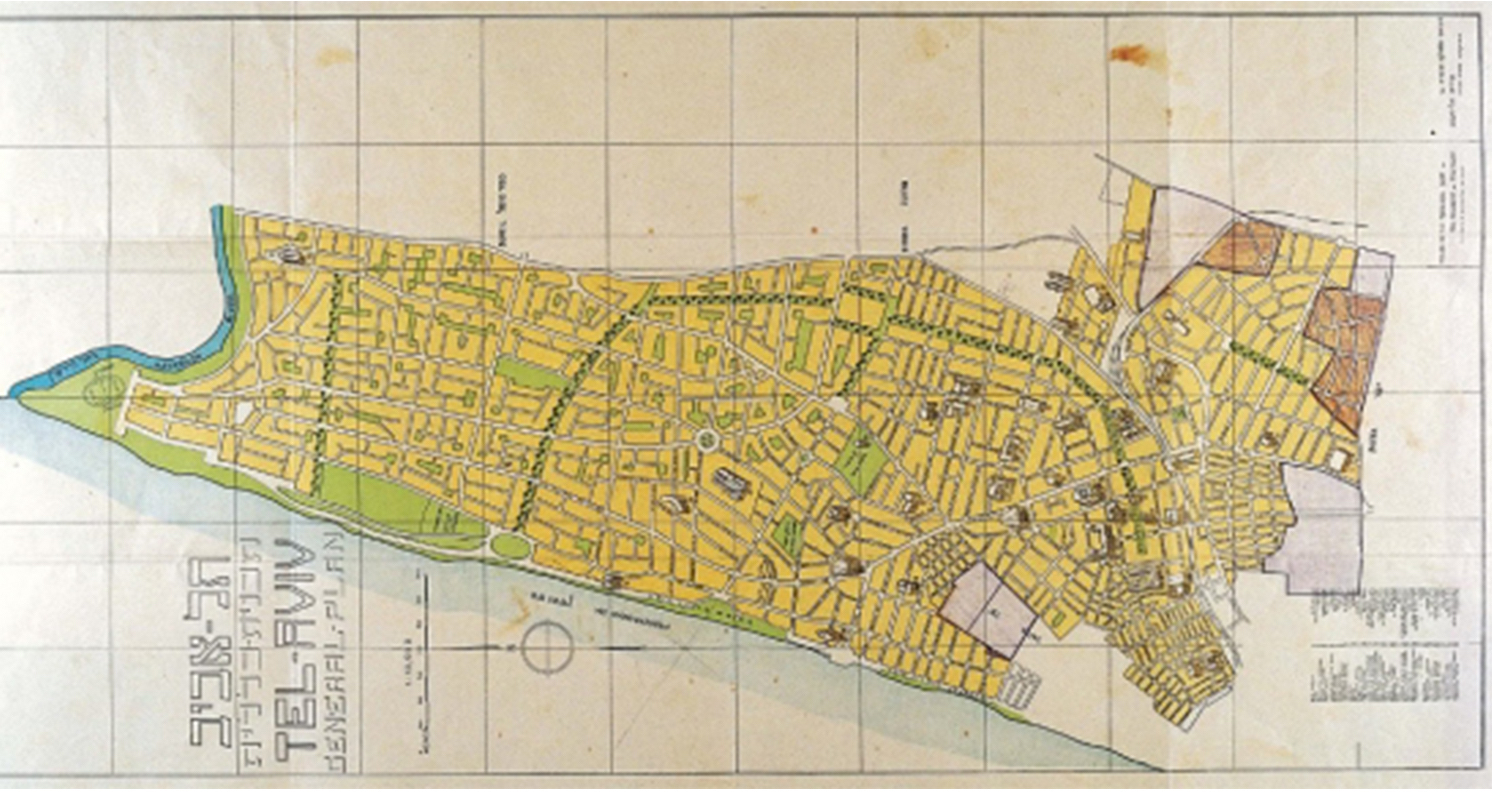Topothesia: Planning, Colonialism, and Places in Excess
Ameeth Vijay
Literature
UC San Diego
“Topothesia” reads urban planning as a mode of speculative fiction, one inextricably linked to histories of British colonialism and liberalism. Topothesia is a rhetorical device referring to the vivid depiction of an often-imaginary place. I use the term to help theorize urban planning as a narrative genre, one that, even in its most mundane documents, is compelled to produce elaborate fantasies of future places. Specifically, planning allows for the speculative construction of future places that are both utopian in their ability to resolve political disagreement and at the same tantalizingly realizable, able to be produced in concrete reality. This speculative imaginary, I argue, is only possible within the ideological framework of colonialism and the history of empire within which it developed. Starting with the highly influential garden cities movement, which not only thought of itself as a practice of “home colonization” but made extensive use of the structures of late empire, the book examines specific planning movements over time to understand the form and the stakes of their speculative worlds. In building these worlds, I further find that planners continually co-opted literary critiques of the present and reveries of the future, retaining literature’s aesthetics while eschewing its politics.

